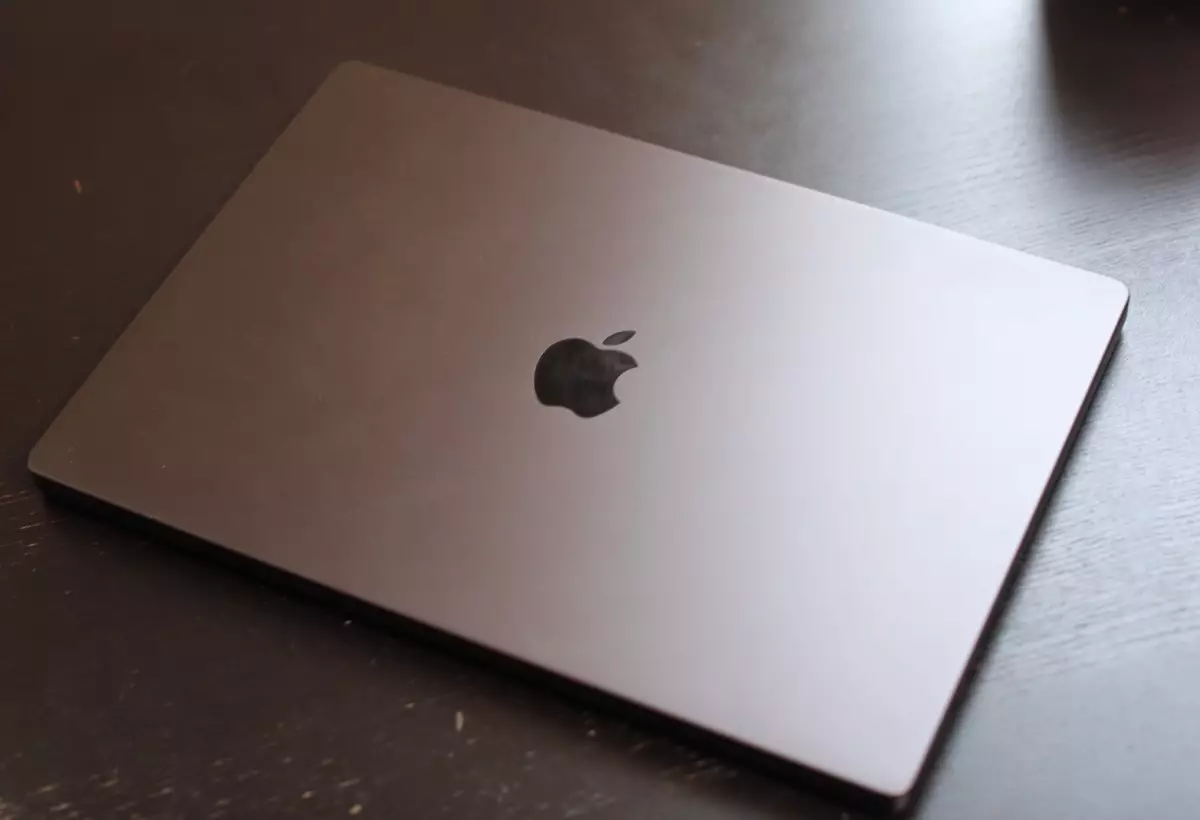In a shocking turn of events, Apple Inc. saw its market valuation plummet by over $250 billion, a staggering decline of approximately 8.5% in share value within a single day. This seismic shift can be largely attributed to the newly instituted tariffs announced by President Donald Trump, which are set to have sweeping implications across the technology sector. Investors, rattled by uncertainties and risks, have swiftly pivoted away from tech stocks, with heavyweights like Tesla, Nvidia, Meta, and Amazon witnessing similar dips, some exceeding 7%. This collective downturn underlines the precarious nature of the tech industry, especially in the face of geopolitical tensions.
The Rationale Behind Tariffs
Trump’s declaration of tariffs that start at a hefty 10% and escalate even further for certain nations reflects a strategic, albeit controversial, economic maneuver. With China’s tariff rate skyrocketing to an unprecedented 54%, the potential for significant economic disruption grows. The administration argues that these tariffs—contrary to the usual negotiation tactics—are essential for revitalizing domestic manufacturing. However, this lofty ambition may come with considerable collateral damage, particularly for companies like Apple, whose extensive supply chain spans Asia. The dire predictions from Wedbush Securities, that these tariffs represent a scenario worse than the worst case for tech investors, brings into question the sustainability of growth in this sector.
Apple’s Vulnerability in a Global Economy
As the largest publicly traded company in the world, Apple stands at the frontline of this tariff onslaught. The implications extend to its vast array of products, including iPhones, iPads, and MacBooks. All production is intricately tied to key suppliers and manufacturing hubs in countries like China, Taiwan, and India. CEO Tim Cook’s attempts to cultivate positive relations with the administration suggest an awareness of these risks, yet the recent developments indicate that no amount of corporate diplomacy can shield Apple from the repercussions of such sweeping trade policies.
The Price of Tariffs: Consumer Impact
The core dilemma that Cook faces now involves a significant balancing act. With tariffs affecting the cost structure of Apple’s ubiquitous devices, the company must decide whether to absorb the heightened costs, which could lead to substantial reductions in profit margins, or pass these costs onto consumers, risking potential backlash and a decline in sales. This is a poignant reminder that in a globalized economy, the consequences of political decisions transcend borders and immediately impact consumers and industry alike. For Apple, a company synonymous with premium branding, raising prices could alienate a customer base increasingly sensitive to value.
Investor Sentiment in Uncertain Times
As the market continues to react to these new dynamics, the sentiment among investors has become decidedly cautious. The response to Trump’s tariff regime exemplifies a broader unease regarding the volatility inherent in tech stocks, especially those heavily reliant on international trade. The concern dims the once-bright outlook for tech growth, highlighting the fragility of market confidence in sectors that thrive on global integration. The days ahead will be pivotal for not just Apple, but for all tech entities navigating this turbulent landscape, necessitating strategic recalibrations and a reevaluation of growth trajectories.
In essence, these tariffs serve as a stark reminder of the fine line between policy and economic stability, particularly for powerful players in an interconnected global economy.

